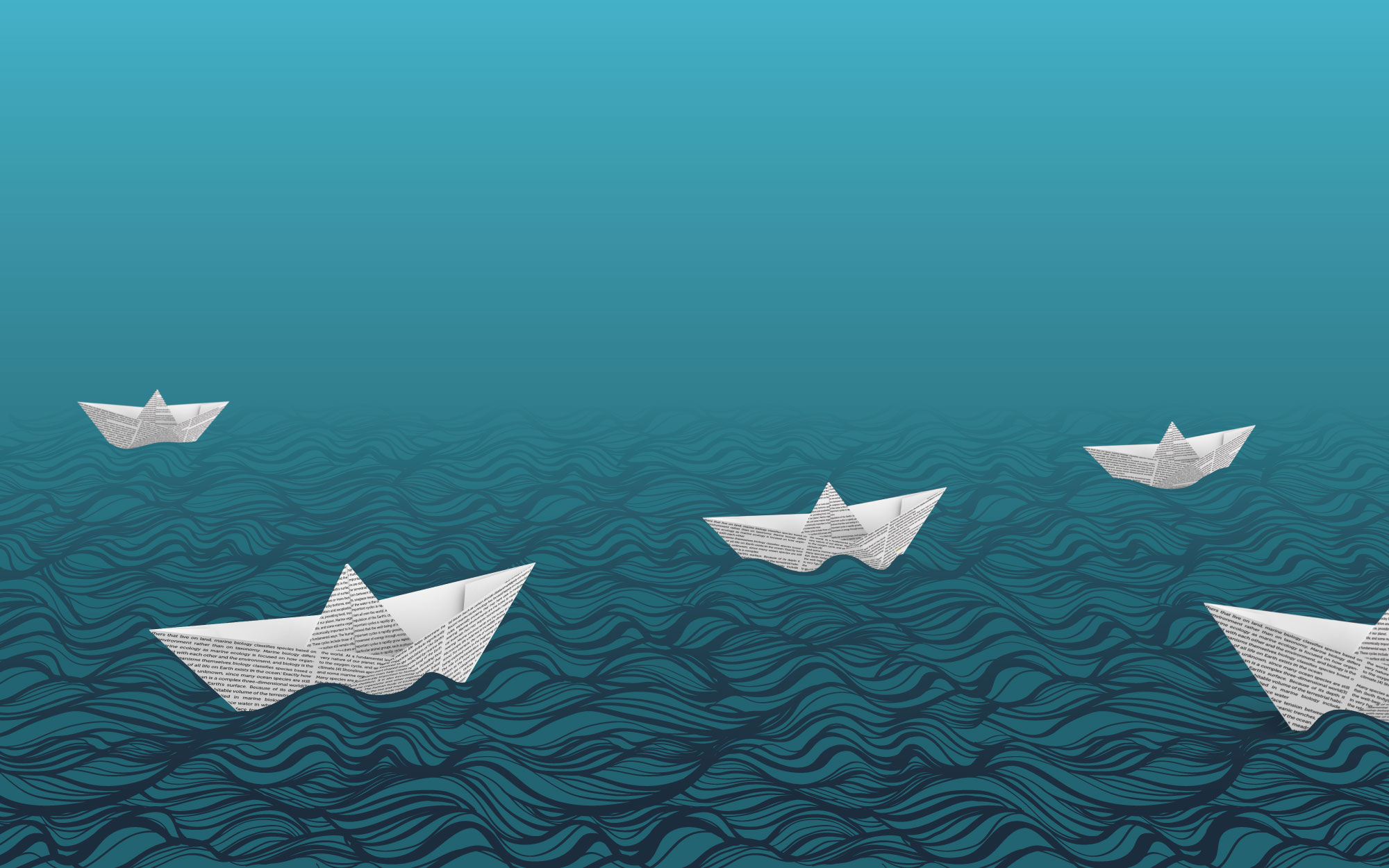
The CommOCEAN 2018 conference took place on December 4-5. It encompassed eight Skill Building sessions, which included collaborative working and exhibitions oriented towards sharing a diverse range of communication tools to enhance public engagement and ocean literacy such as virtual reality, storytelling, media interviews, and much more. Each skill-building session was composed by parallel sessions of 15 minutes + 5 dedicated to Q&A.
Additionally, there was an interactive poster session and various side activities designed to stimulate active engagement of the conference participants.
Programme overview:
-
Day One
Session 1: Communication Tools
On how to engage audiences by making use of friendly newsletters, communication, and outreach (e.g. EMODnet & the European Atlas of the Seas, Aurora – A princess? A Russian cruiser? Or a natural phenomenon?).
Session 2: First steps in communication
On how to use storytelling, social media principles, platforms and learn how to conduct media interviews. Review of projects such as ‘Ocean Plastics Lab’, ‘MIO-ECSDE’, ‘ResponSEAble’, ‘Volvo Ocean Race experience’, ‘Making the invisible visible’, ‘Blue School PT’.
Session 3: Ocean Literacy
On how to catalyze Ocean literacy debates, learn about the art of animating science, and include virtual reality as a creative communication tool.
Session 4: Media Relations & Communications at Sea
On how you can learn working with media, writing for different audiences, record high quality amateur videos, create immersive blogs with scrollytelling (e.g. ‘The Immersive Clockwork Ocean’, ‘ NICO-expedition’).
-
Day Two
Session 1: Creative Communications
On how to facilitate dissection events for the public, and create films as promotional tools (e.g. EMODnet Data Ingestion Portal).
Session 2: Community Outreach
On how to learn from co-designed community outreach, work towards building scientific capacity and understanding of marine research. In addition, learn how to use behavioral insights to enhance public engagement.
Session 3: Media Relations
On how to use a synthesis report to support science, policy and public impact, and to connect marine science with everyday life.
Session 4: Collaborative Working
On how to make marine science matter to seafood consumers; obstacles, benefits and impact of communication.
